Women do an average of 4.3 hours of unpaid care and domestic work every day in later life. With women's economic empowerment rising up the international policy agenda, it is crucial that we recognise and give visibility to older women's work.
At 7am, in Addis Ababa, Ethiopia, Aselefech is getting her grandchildren ready for school. ‘I give the older child a piece of bread,’ she says, ‘and I share a piece with my other grandchild.’
Aselefech is 70. Her husband struggles with alcoholism. Her son has a mental health condition. She cares for them both - and for the two grandchildren that live with her.
Age International recently travelled to Ethiopia to learn more about the work that older women are doing in low and middle-income countries. For the majority of women that we spoke to, women like Aselefech, a restful older age is out of the question.
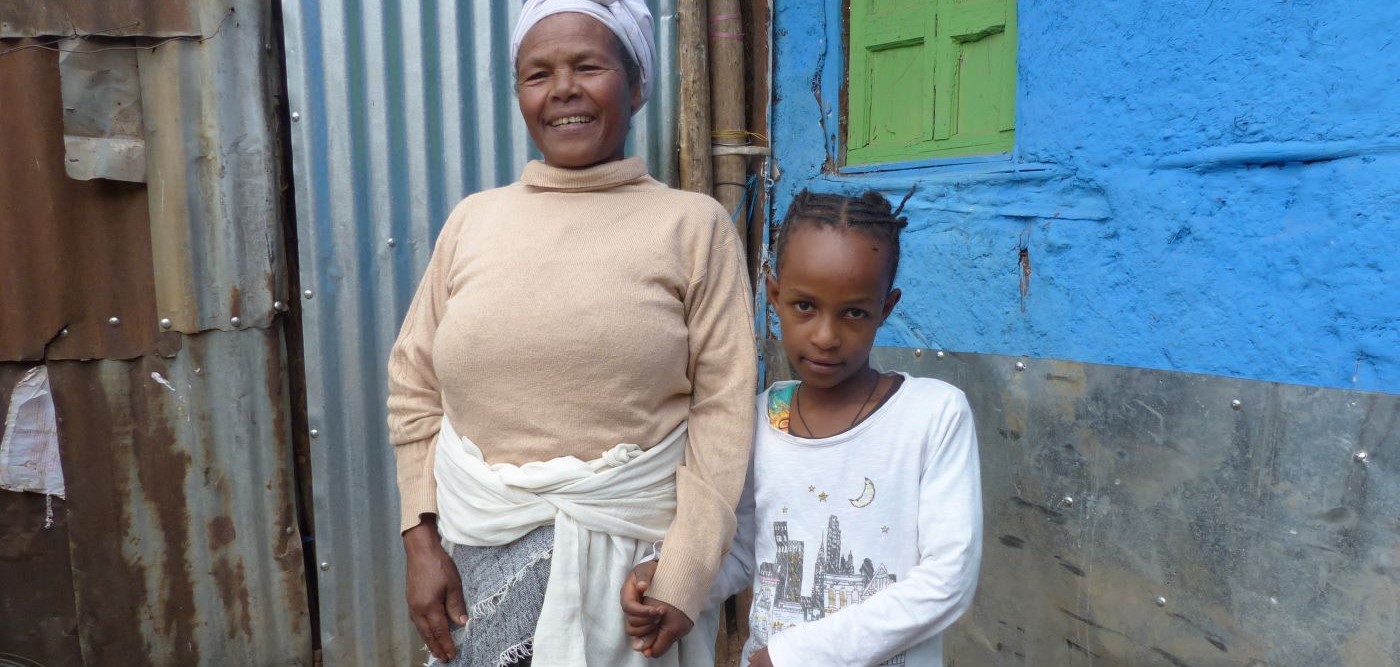
Aselefech cares for her husband, her son, and two grandchildren. She works spinning cotton.
Once her grandchildren are at school, Aselefech heads to a local day centre where she will spin cotton for money. In poorer countries, 1 in 7 older women are still in the workforce – and the numbers are increasing.
Before she was spinning cotton, Aselefech broke stones to earn a living. It was ‘hard physical work’, she says. Older women’s work is often unglamorous, unpaid or insecure, physically demanding or even dangerous. Yet, it is simply expected of them because of their gender and age.
When Aselefech comes home, her working day is far from over. First, she attends to her adult son who, because of his conditions, needs a lot of care. ‘I give him medicine. I feed him, look after him,’ she says.
Aselefech is not the only grandmother juggling a job with caring responsibilities: when it comes to unpaid care, women do more than men across their lives – and older women still do more than double the unpaid care work than men do. Frequently, this work happens alongside having to eke out a living however they can.
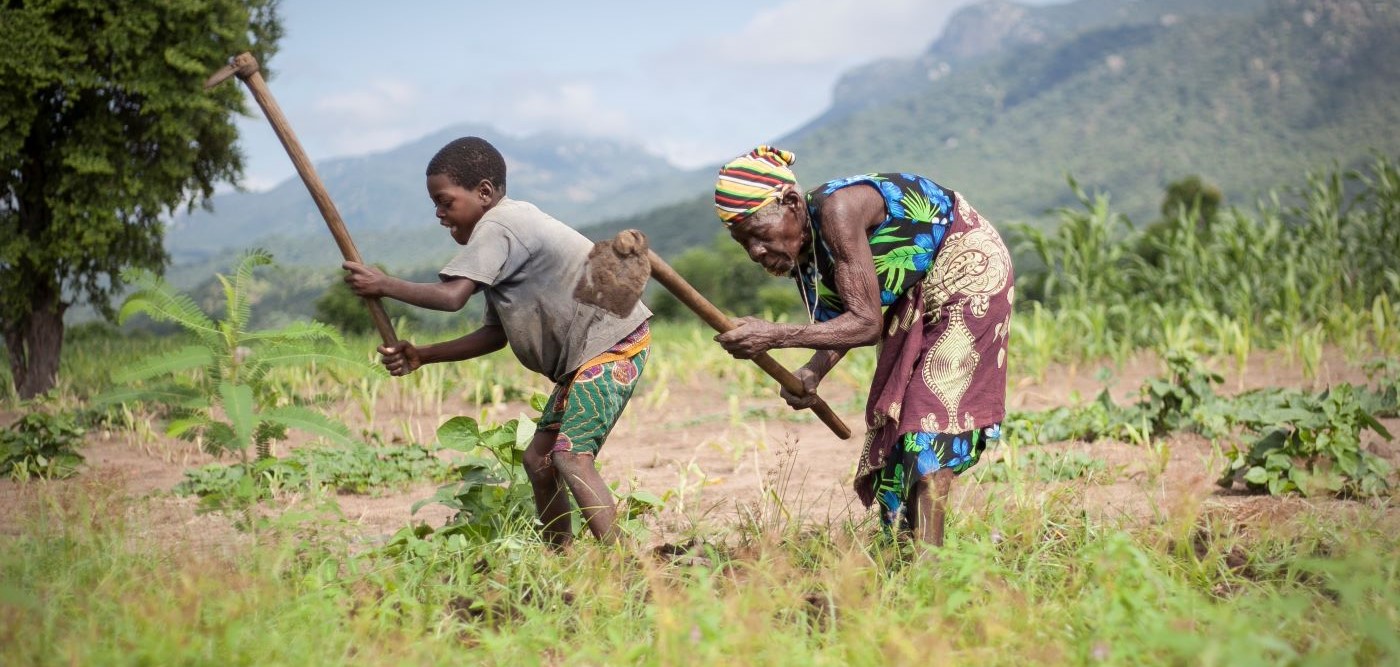
81-year-old Erina in Mozambique, ploughing the fields with her grandson
In the evening, if there is enough money, Aselefech makes dinner for the family – injera bread with stew. This kind of work is still work, but it is not counted in economic and labour data – rendering it invisible.
‘I never sit idle,’ Aselefech says. ‘When I’m not spinning, I’m doing the housework.’ In later life, women do an average 4.3 hours of unpaid care and domestic work every day.
Like many people who are older, Aselefech has some health problems. She has kidney stones. However, she decided not to have an operation to remove them as it would affect her ability to look after her extended family. ‘It would be difficult to take care of everyone,’ she shrugs. Her dilemma is a common one for women in poorer countries; fewer than 16% claim a pension and many struggle to access vital services like healthcare.
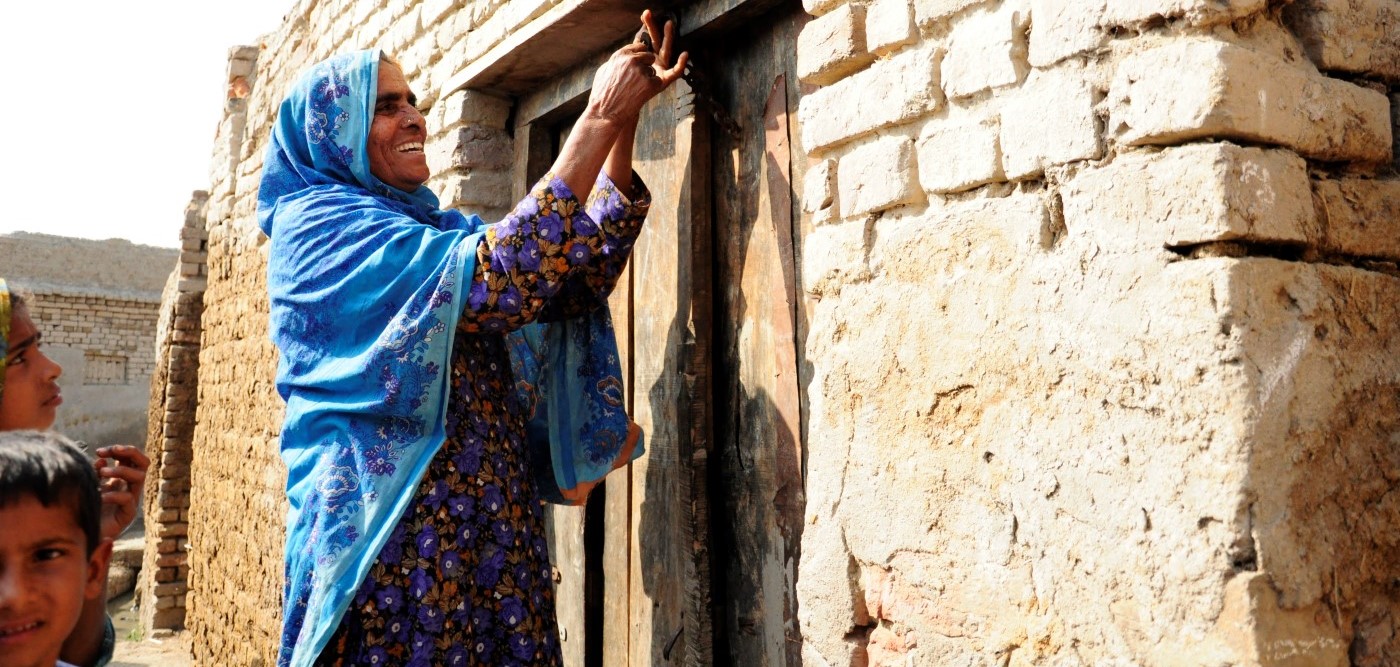
Housewife turned businesswoman, Hazoor, opening up her shop at the start of the day
Over 2,000 miles away, in Pakistan, 56-year-old Hazoor is busy making plans to extend her business - a small shop selling essentials and candies. Just a few years ago she was facing a similar dilemma to Aselefech - diagnosed with hepatitis, she couldn’t afford the medication to treat her condition. Now - thanks to her business - she has no trouble buying medicine and paying the bus fare to the hospital.
Hazoor was able to open up her shop because Age International gave her a small business loan and training. Without that opportunity, Hazoor would likely still be suffering today.
Hazoor's story shows us just what can be achieved when we give older women the support they need to live happier, healthier lives. Women’s economic empowerment is rising up the international policy agenda, yet older women’s roles, their rights, needs and priorities, are largely absent from policy discussions.
Older women are rights holders with something to contribute - essential to the fabric of society. Progress can only be made when women’s economic empowerment takes all groups of women, including older women, fully into account.
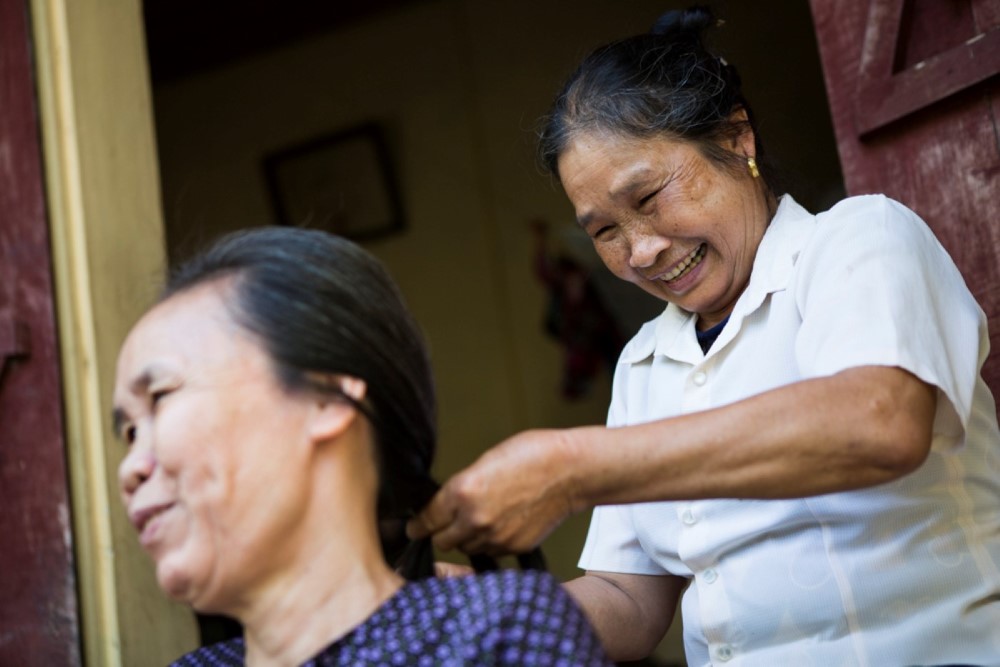
73-year-old Nhu combs Miss Tuyet's hair. She visits her disabled neighbour every day.
In Vietnam, 73-year-old volunteer carer Nhu is making lunch for her disabled neighbour, Miss Tuyet.‘I help her do the shopping, I cook and help her to eat,' Nhu explains 'When she finishes eating I come back home and do my own house chores.’
Nhu has chosen to be a volunteer carer because it brings her satisfaction. Crucially, she also feels supported in her work. Nhu is an active member of a local club for older people, which Age International partners launched in her area. 'I get to do exercises at the club and I think I’m much healthier because of it,' she told us. ‘I got training on how to take care of Miss Tuyet - and how to take care of myself,' she says. 'I got advice and guidance from a doctor.'
The work that older women do for their families and communities can offer a lot to older women themselves – new skills, new friends, a sense of extra purpose in their communities. As Nhu explains: ‘I hope that I continue to have good health so I can still work, and carry on taking care of people. It’s very important for me to be able to keep working.’
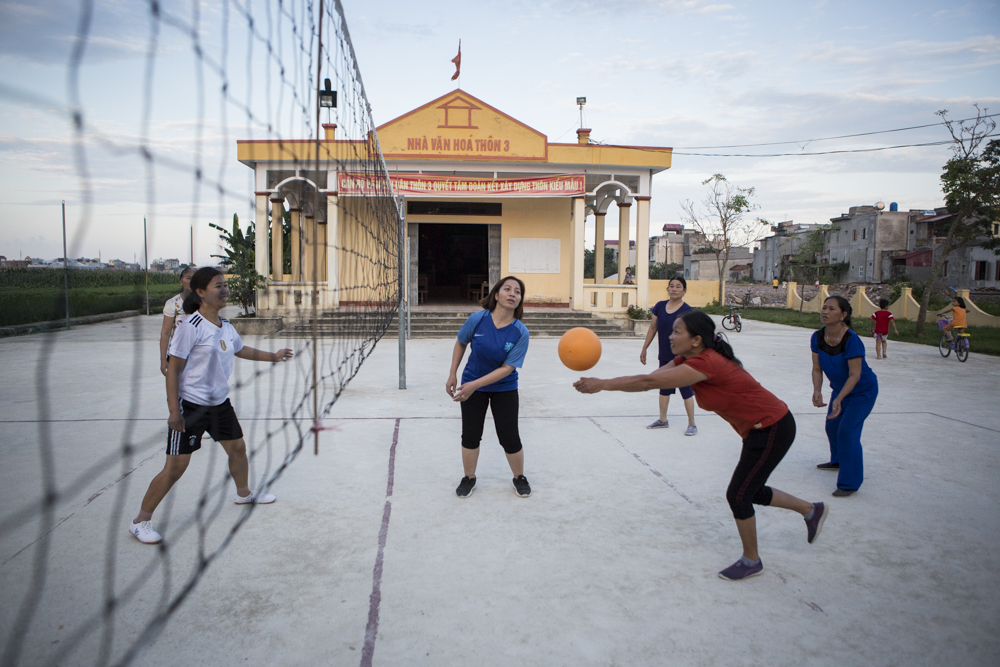
Young and old play volleyball together every evening, at a club for older people in Vietnam
Back in Ethiopia, Aselefech reflects on her situation. ‘I am worried about the kids,’ she says. ‘Their happiness is my happiness. I want my grandchildren to have a better life.’
For that better life to happen - both for Aselefech and for her grandchildren - the policy must change. The UK government must do more to ensure the invisible contributions of older women are recognised, valued & supported in international development programmes. Older women matter. We must include them.





